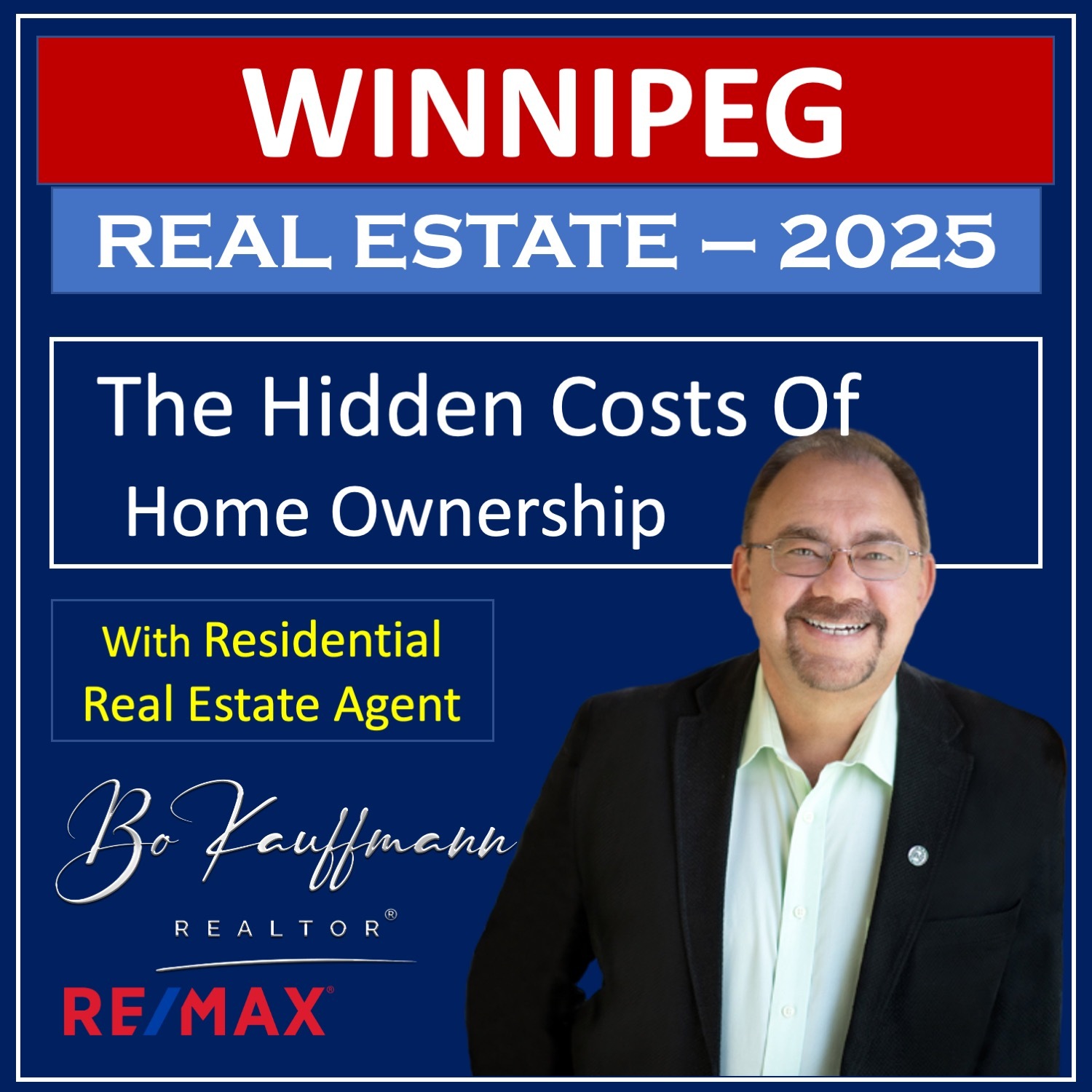
This blog post delves into the often-overlooked aspects of home ownership costs in Winnipeg, expanding on the discussion in our latest podcast episode. While the mortgage payment is a significant cost, it's only one piece of the puzzle. Successfully navigating homeownership requires a comprehensive understanding of all associated expenses, from utilities and property taxes to maintenance and repairs. This post will equip you with the knowledge and strategies to effectively budget for these costs, ensuring a smooth and financially responsible transition into homeownership.
Understanding Winnipeg Utility Costs
Utilities represent a significant recurring expense for homeowners. In Winnipeg, the costs of electricity, natural gas, and water can vary depending on factors such as home size, energy efficiency, and personal consumption habits. Let's break down each utility individually:
Electricity Costs
Seasonal changes influence electricity costs in Winnipeg. During the colder months, heating often contributes significantly to electricity consumption, resulting in higher bills. Conversely, summer months might see increased usage due to air conditioning. The average monthly electricity bill in Winnipeg can range from $100 to $200, depending on the abovementioned factors. Energy-efficient appliances and mindful usage habits can significantly reduce these costs.
Natural Gas Costs
Natural gas is the primary heating source for many Winnipeg homes. Natural gas costs fluctuate throughout the year, typically peaking during the coldest months. Winnipeg's average monthly natural gas bill can range from $80 to $150, again varying according to home size, insulation, and thermostat settings. Regular furnace maintenance and investing in energy-efficient windows can help mitigate costs.
Water Costs
Water bills in Winnipeg are relatively consistent throughout the year. The average monthly water bill typically falls between $50 and $80, but this can increase with higher water usage. Water conservation measures, such as fixing leaky faucets and using low-flow showerheads, can help keep these costs down.
Beyond Utilities: Other Homeownership Costs
While utilities are a substantial expense, they are just one component of the overall cost of homeownership. Other crucial expenses include:
Property Taxes
Property taxes in Winnipeg are based on the assessed value of your home and are levied annually. The tax rate varies depending on the location and amenities in your neighborhood. It is essential to factor property taxes into your budget, as these can represent a significant annual expense. Understanding how your property taxes are calculated will allow you to better budget for this cost.
Home Insurance
Home insurance is mandatory for most homeowners with a mortgage. It protects your home and belongings from various risks, including fire, theft, and weather damage. The cost of home insurance varies depending on factors such as the age of your home, its location, and the coverage you select. Choosing appropriate coverage and comparing rates from different insurers can help you secure the best possible value.
Home Maintenance and Repairs
Unforeseen home repairs are an inevitable part of homeownership. Setting aside a dedicated maintenance fund is crucial to cover these costs. This fund should account for routine maintenance (e.g., cleaning gutters, changing furnace filters) and more substantial repairs (e.g., roof replacement, furnace upgrades). A realistic approach would involve saving a percentage of your home's value annually for unexpected repairs.
Budgeting Strategies for Homeownership
Effective budgeting is essential for successfully managing the costs of homeownership. Here are several strategies to consider:
Create a Detailed Budget
Start by creating a comprehensive budget that includes all your monthly expenses, including mortgage payments, utilities, property taxes, insurance, and your home maintenance fund. Tracking your spending helps identify areas where you can save and adjust your budget accordingly.
Explore Energy-Efficiency Upgrades
Investing in energy-efficient upgrades, such as insulation, high-efficiency appliances, and energy-saving light bulbs, can significantly reduce your utility bills over time. While these initial investments require capital, the long-term savings can outweigh the costs.
Shop Around for Insurance
Don't settle for the first insurance quote you receive. Compare quotes from several insurance providers to find the best rate and coverage options for your home and needs.
Regular Maintenance
Regular home maintenance can prevent small problems from becoming larger, more costly repairs. Regular inspections and proactive maintenance will minimize large expenses down the line.
Emergency Fund
Beyond your dedicated maintenance fund, create a separate emergency fund to cover unforeseen expenses that may arise. Unexpected repairs or job loss can significantly impact your ability to manage homeownership expenses effectively. Building a strong emergency fund will buffer you against these unforeseen events.
Conclusion
Successfully navigating homeownership in Winnipeg requires careful planning and budgeting. While the mortgage payment is a considerable cost, the true cost extends far beyond this initial expense. This blog post has explored the various components of homeownership costs, including utilities, property taxes, insurance, and maintenance. By implementing the budgeting strategies outlined above, you can effectively manage these expenses and enjoy the benefits of homeownership with financial peace of mind. For a deeper dive into the true cost of homeownership, including real-world examples and actionable advice, listen to our latest podcast episode: Unveiling the True Cost of Homeownership: Beyond Mortgages.












